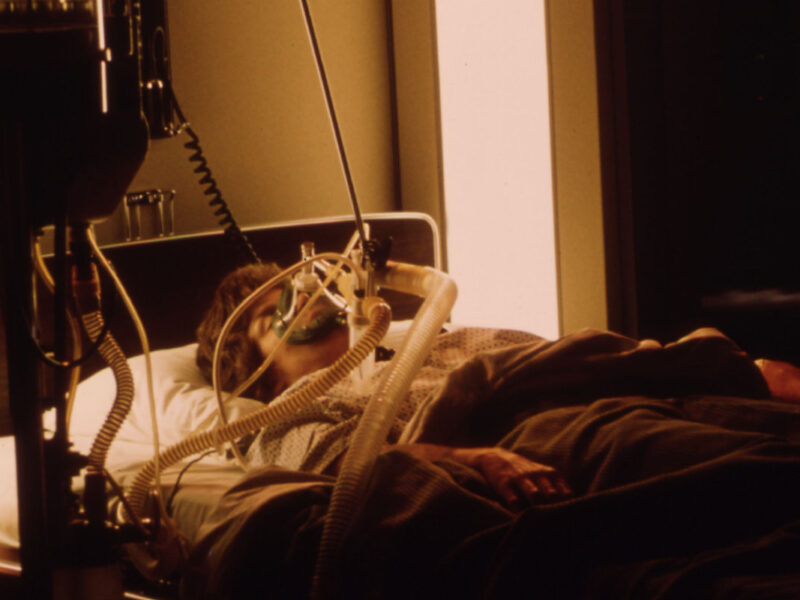We have all been to different kinds of doctors. Perhaps a GP, a cardiologist, a dermatologist or even an ophthalmologist. But who are these "specialists"? How are they different from GPs? A recent case touches upon these questions.
Mr Richard Man of Alfred K C Fung Chambers represented the Hospital Authority in [2023] HKCFI 1698, where the Plaintiff claimed against the HA challenging the professional qualification of her attending doctor, from whom she received psychiatric diagnosis and treatment. It was argued that since the doctor’s name was not included in the Medical Council of Hong Kong Specialist Register, he was not qualified to practise psychiatry.
Who are general practitioners?
In Hong Kong, general practitioners (also known as GPs) are those doctors whose names are on the General Register. The requirements for registration are set out in the Medical Registration Ordinance (Cap 161), usually for a local doctor there are two prerequisites:
- He graduated in medicine and surgery from either the University of Hong Kong or The Chinese University of Hong Kong; and
- He has been a Houseman in a public hospital for a year.
The doctor is a registered medical practitioner once his name is included on the General Register. By section 16 of the Medical Registration Ordinance, he is “entitled to practise medicine, surgery and midwifery”. As confirmed by the High Court in [2023] HKCFI 1698 at [14], this is an important legal privilege as a GP can practise any branch of medicine, including specialist branches of psychiatry. This may best be illustrated by a common reference to GP in Chinese as “全科醫生” rather than “普通科醫生”. Of course, whether a doctor is competent and sufficiently experienced in providing certain treatments is a matter of professional conduct which may be the subject of a disciplinary inquiry.
GPs are important primary care doctors with broad knowledge in different fields of medicine. They also refer patients to specialists for more complex medical problems. However, GPs differ from Family Medicine, as it is a specialty under the Hong Kong College of Family Physicians.
The case thus illustrates a misconception that GPs cannot touch upon specialist areas of medicine. Quite to the contrary. But if this is the case, who are specialists then?
Who are medical specialists?
Medical specialists are doctors who are experts in a particular branch of medicine. Their expertise may focus on certain surgical or internal medicine, on a particular age group or demographics of patients, on certain diagnostic or therapeutic techniques, or focused on specific organs. The Hong Kong Academy of Medicine holds a list of recognised specialties and descriptions for reference.
It may be surprising that in law, a medical “specialist” only means that the name of such a doctor is included in the Specialist Register, under the Medical Registration Ordinance. Once included, the doctor can claim he is a “specialist” in a particular medical specialty – for example, a paediatrician.
To qualify to become a specialist, however, requires that a doctor receive postgraduate training to become a fellow of the Hong Kong Academy of Medicine or equivalent colleges (such as the Royal College of Physicians). Note that the training involved at least 6 years of supervised basic and advanced training and exams. Thus, this is another reason why GPs need to be able to practice in the specialist branches. Otherwise, they would not be able to train in their specialty.
Whilst a GP can perform a wild range of medical procedures and treatments, they must exercise judgment to consider whether they possess the necessary competence and experience to do so. In case of doubt, they should consult a more senior doctor or refer the patient to a specialist.
Gordon Chan, Esq
Barrister-at-law, Archbold Hong Kong Editor on Public Health, and Member of the Bar Association's Committee on Criminal Law and Procedure. Specialised in medical, technology and criminal law.


